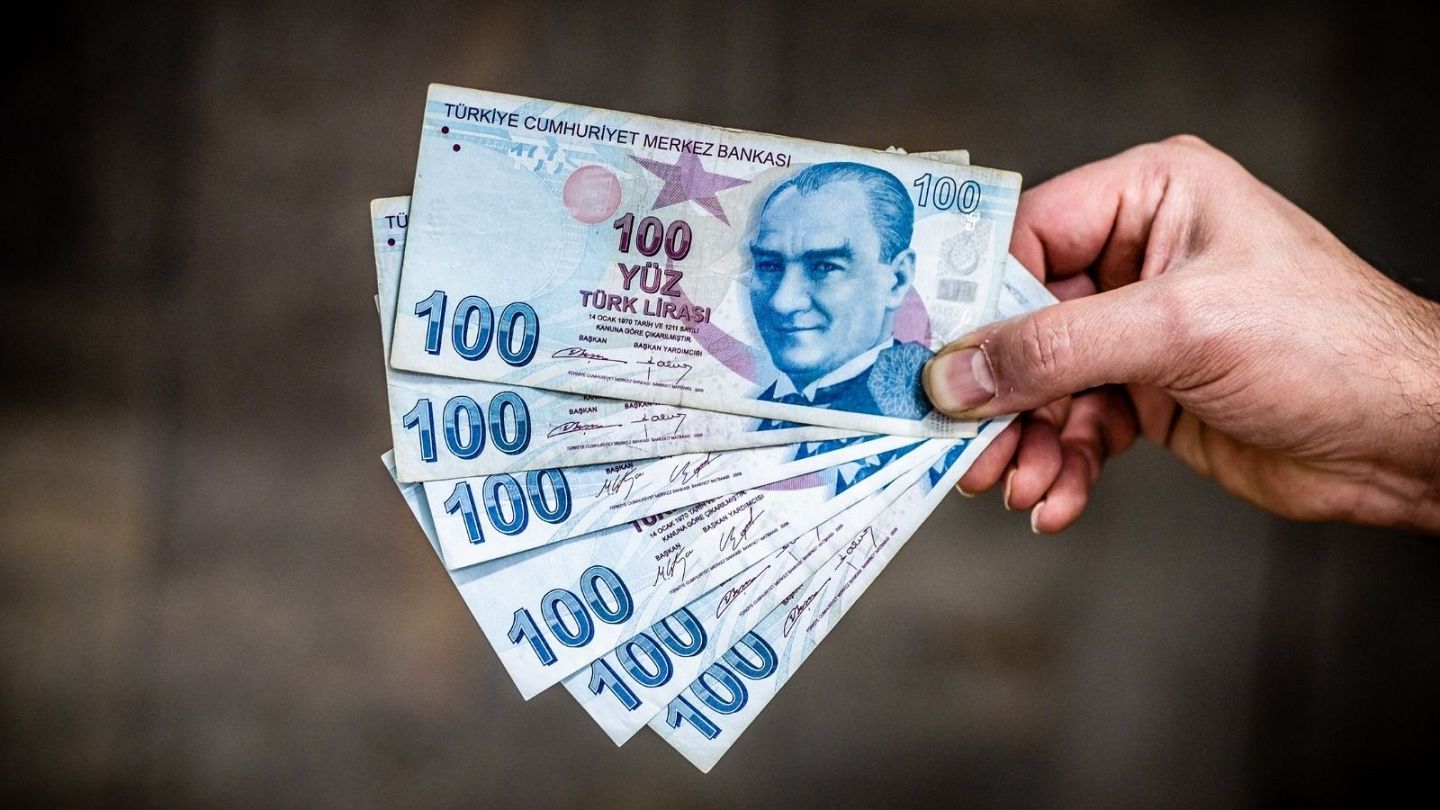The rise in the value of one country’s currency compared to another is known as currency appreciation. Currency increases result from governmental policy and a rise in investor demand. Exports will decrease due to a currency’s appreciation relative to other currencies, which increases the cost of that nation’s goods.
Currency appreciation occurs when one nation’s currency increases in value in contrast to another nation’s currency. The relative price of one country’s currency in comparison to another can be shown by looking at the nominal exchange rate, which is sometimes termed the “exchange rate.” If the minor exchange rate increases over time, this suggests the currency appreciates.
How Does Appreciation of Currency Work?
The exchange rate system determines how a currency will increase. There are different approaches to rate exchanges: a managed float regime, a fixed exchange regime, and a floating exchange regime.
Learn about the three systems that affect currency appreciation and how they operate.
Managed Floating Exchange
A managed float system will combine elements of both fixed and floating exchange rate systems when it comes to currency appreciation.
For instance, political unpredictability in a nation with a managed-float system can discourage foreign investment, depreciating the currency’s value. The government may step in and sell assets to remove money from circulation. Due to this, the value of the currency will increase in comparison to other currencies.
The government will interfere if there is a short-term market disorder or to ensure exchange rate stability. However, free capital mobility in a regulated float permits the currency to change daily with other currencies.
Fixed Exchange
Countries will interfere in the foreign exchange market under a fixed exchange rate regime to preserve the price of their currencies concerning other currencies.
Floating Exchange
In a system with floating exchange rates, a currency’s value fluctuates in response to supply and demand brought on by capital flows, or the movement of funds between nations for trading, investing in businesses, or purchasing real estate. An interest rate differential, or the difference in interest rates on assets between two countries, will result from changes in the flow of capital.
Currency Appreciation’s Effects
A country’s economy may be affected in various ways when its currency increases. Just a few are listed below:
Cheaper Imports: Imports from other countries will be less expensive in the United States if American commodities increase in price abroad. $1 will go further because of this, allowing you to purchase more foreign-imported goods.
Export costs rise: The cost of exporting goods will increase if the dollar value increases because international buyers will have to pay more in USD for American goods. That indicates that fewer American goods will likely be exported due to the increased price.
PERCEPTION
Exporters would attempt to increase selling prices abroad in such circumstances to increase their profits, but they would probably experience a decline in export sales. A stronger currency means that foreign corporations selling will pressure domestic firms to compete in their markets.
Suppose a company’s products are more distinctive. In that case, it will face less competition and be better able to maintain its domestic currency prices abroad and at home in the event of a local currency appreciation. Similar to the last example, if most competitors are based in the home nation, they can raise their foreign currency prices without hurting their ability to compete against their local rivals.






Comments